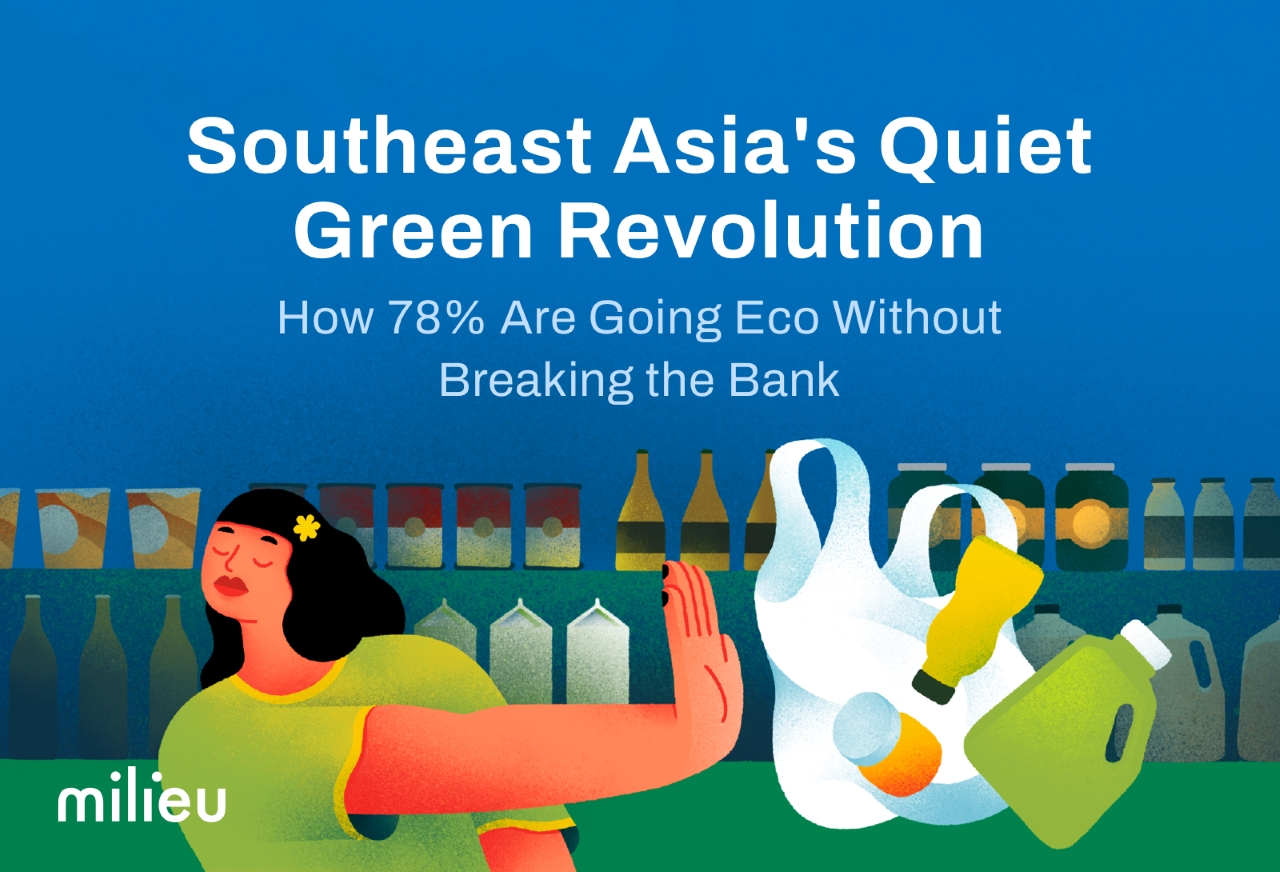Rising costs and service inconsistencies threaten Malaysia's online retail growth

Malaysia's online retail sector, a shining star in the global digital economy, is facing significant headwinds. Despite boasting an impressive 82% of Malaysians shopping online at least once a month and ranking third globally for e-commerce sales growth in 2023, our recent study reveals growing discontent over inconsistencies and inefficiencies in logistics services.
Our latest study, conducted from September 23-30, 2024, uncovers alarming gaps in service quality and mounting frustration over costs. These issues span the entire spectrum of online retail, from major marketplaces and social commerce platforms to small home-based businesses, signalling an urgent need for industry-wide improvements.
Malaysian shoppers value affordability and consistency in delivery services, above all else
While the convenience of online shopping is appealing, much is left to be desired when it comes to logistics providers. For 81% Malaysians, lower prices are the primary reason for shopping online, and 64% believe that shipping fees should be reduced.
The current state of delivery services is leaving customers underwhelmed and increasingly price-sensitive. When selecting a provider, brand name is not a concern for online shoppers (82%), who instead prioritise shipping fees (70%), delivery speed (64%), and reliability (47%). Only 17% of buyers said they are very satisfied, leaving more than half of Malaysians (57%) only “somewhat satisfied” with the logistics services they receive, highlighting inconsistencies in the delivery experience. Moreover, slow deliveries (52%), delayed shipments (47%), and damaged/missing packages (41%) were identified as the top pain points for shoppers, and 26% felt like they are already paying too much for subpar delivery experiences.
The message is clear—in addition to speed and reliability being essential priorities for customers, consistently meeting these expectations also needs to be ensured.
Malaysians say “no” to higher shipping fees
With 64% thinking shipping fees should actually be reduced, 73% of Malaysians say they’ll shop online less often if delivery fees increase. In *Tier 1 cities like Kuala Lumpur, this number jumps to 77%. Needless to say, any move to increase delivery or shipping fees without addressing these problems could trigger a significant shift in shopper behaviour—66% of shoppers say they’re likely or very likely to switch to alternative sellers if delivery fees rise. This trend is even more pronounced in *Tier 1 cities, where 67% are likely to make the switch, compared to 58% in *Tier 2 cities.
It’s clear that in this competitive market, meeting expectations around cost and service quality is crucial to retaining customer loyalty.
Sellers are feeling the pressure
Sellers are facing increasing logistics challenges that are impacting their businesses as much as buyers.
Late deliveries (44%) and lost or damaged packages (40%) are among the most significant issues, particularly for sellers in *Tier 1 cities (40% vs. 38% in *Tier 2). Limited coverage areas also pose a problem, affecting 35% of sellers, with *Tier 2 sellers being hit hardest (40% vs. 34% in *Tier 1). These logistical hurdles translate into tangible business impacts, such as negative online reviews (43%), increased return and refund requests (37%), higher volume of customer complaints (36%), and sales losses (35%).
For small and medium-sized online businesses—who make up the majority of the market—high logistics costs are also a persistent burden. Over 52% of sellers spend more than 10% of their operating expenses on shipping, and this jumps to 54% for those in *Tier 1 cities. The financial pressure is evident, with logistics fees eating into profits.
The global competitiveness question
The prospect of a mandatory increase in shipping fees already has sellers on edge—58% say higher delivery costs would significantly inflate their operating expenses, and 54% are worried it would eat into their profits. Some are even bracing for customer losses, with 38% fearing they’ll lose buyers if they have to pass those increased costs on.
Many are already doing what they can to stay competitive. In fact, 70% of sellers are willing to subsidise shipping costs to attract more customers, even though it’s cutting into their profits. However, with 31% of sellers saying they can’t afford to continue subsidising shipping, it’s clear they’re operating on thin margins.
Sellers can’t afford to absorb these costs, and if they raise prices, they risk driving customers away: 36% of sellers believe they’ll lose customers to international competitors if local delivery costs rise.
As Malaysia’s online retail sector continues to expand, the path forward depends on striking a balance between cost efficiency and service improvements. For the industry to sustain its growth and remain competitive, addressing these challenges will be essential. Without significant action, both consumer satisfaction and seller profitability are at risk, underscoring the need for immediate solutions that ensure long-term success.
Methodology: Both surveys were conducted from 23-30 September 2024 through Milieu’s proprietary online panel. The shopper survey collected N=500 respondents - shoppers who shopped regularly (at least a few times per year); nationally representative by Age, Gender and Ethnicity. The seller survey collected N=400 respondents - sellers who currently sell products online or plan to start doing so in the next 3 months with previous seller experience offline, on a natural fallout basis.
*Tier 1 Cities: Kuala Lumpur, Johor, Penang, Selangor, Sabah, Sarawak
*Tier 2 Cities: Malacca, Negeri Sembilan, Pahang, Perak, Labuan

Author
Milieu Team
At Milieu, we’re a team of curious minds who love digging into data and uncovering what drives people. Together, we turn insights into stories—and stories into action. We also run on coffee, deadlines, and the occasional meme.
Latest Insights


.avif)



